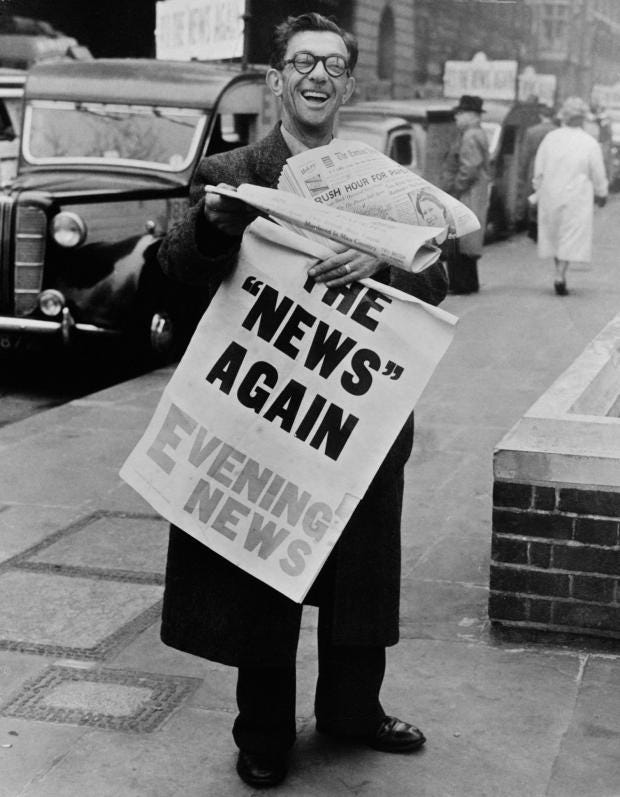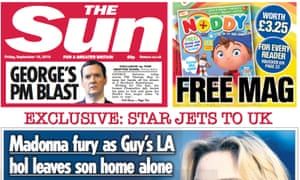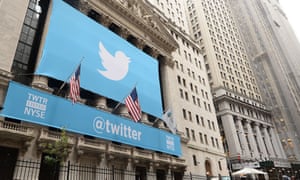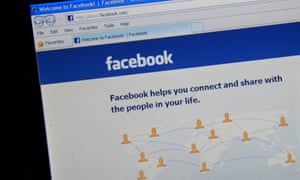WWW: Good work on UGC & Citizen Journalism. Clear & Concise.
EBI: Greater coverage of institutions e.g. google, Pareto's law etc; cover this with more examples.
2) Write a new, detailed paragraph to add to your essay that addresses one of the EBIs specified in your feedback. This may be the other side of the argument (the idea that audiences are not empowered) or perhaps a new or improved example from the wider media. Make sure this is an extremely well-developed paragraph of several hundred words, encompassing media issues, debates, examples and theories wherever possible.
Question - Developments in new and digital media mean that audiences now have access to a greater variety of views and values. To what extent are audiences empowered by these developments?
According to Briggs & Burke the internet is the most important medium of the 21st century and has helped stem some of the developments in New and Digital Media, which has allowed audiences greater access to a variety of views and values; empowering them to a great extent.The internet is a fast growing medium and therefore plays a huge part in NDM. For example, the internet has developed from search engines providing information to ordinary people like you and me making careers through the developments of the internet, such as YouTube vloggers and bloggers like Cameron Dallas and Lilly Singh who share their opinions and views about a wide multitude of things. The developments of the internet have also allowed the creation of newspaper conglomerates websites where we have access to views of opinion leaders such as politicians and other celebrities. An example, of this would be the ongoing twitter feuds between Lord Alan Sugar and TV presenter Piers Morgan who both have a very influential presence on the internet. The audience are empowered by their freedom of speech to share their views and values in the debate.











